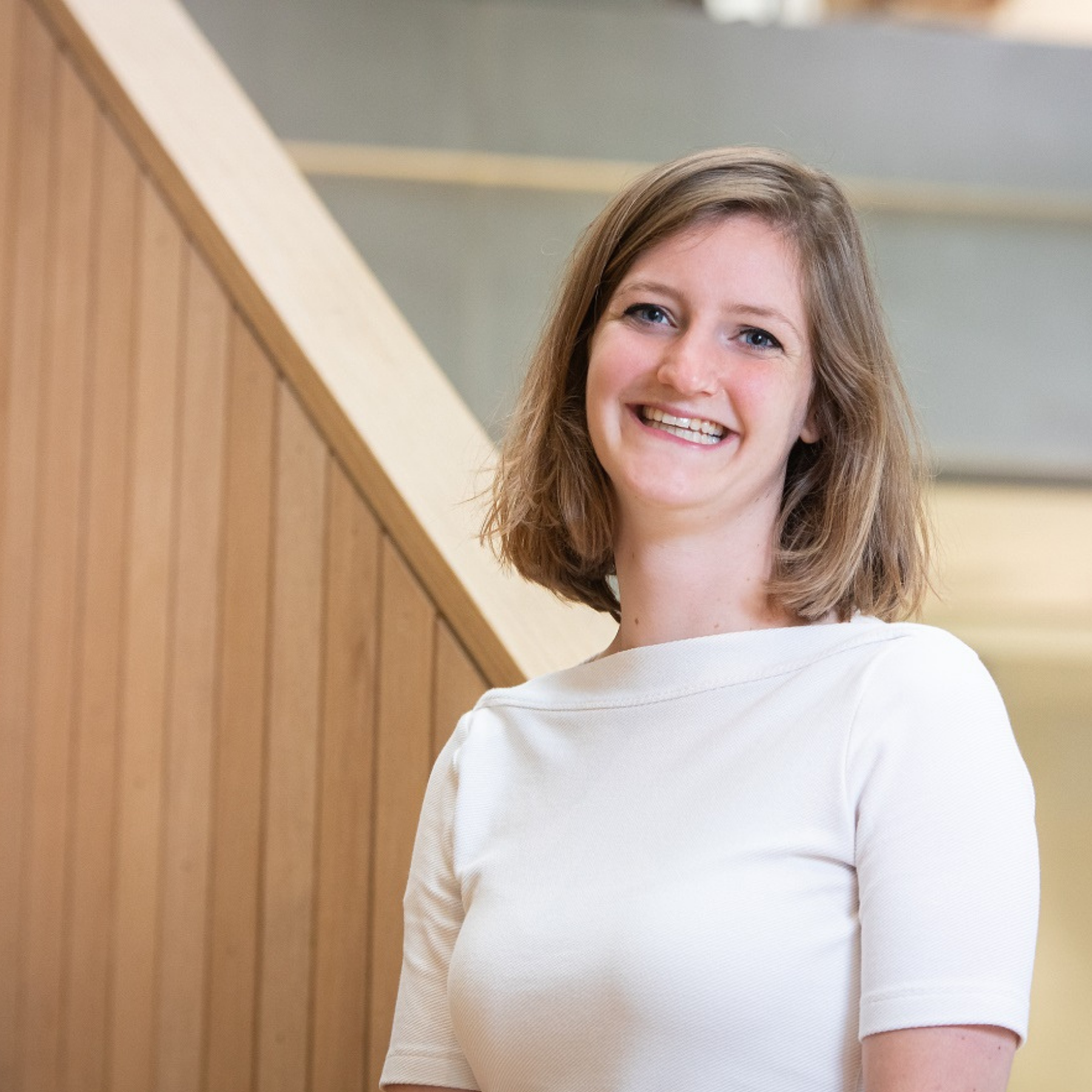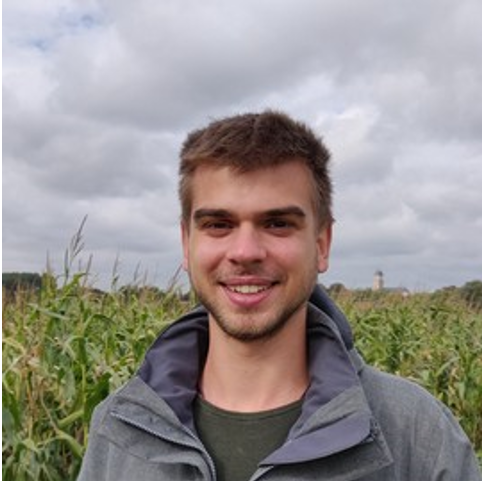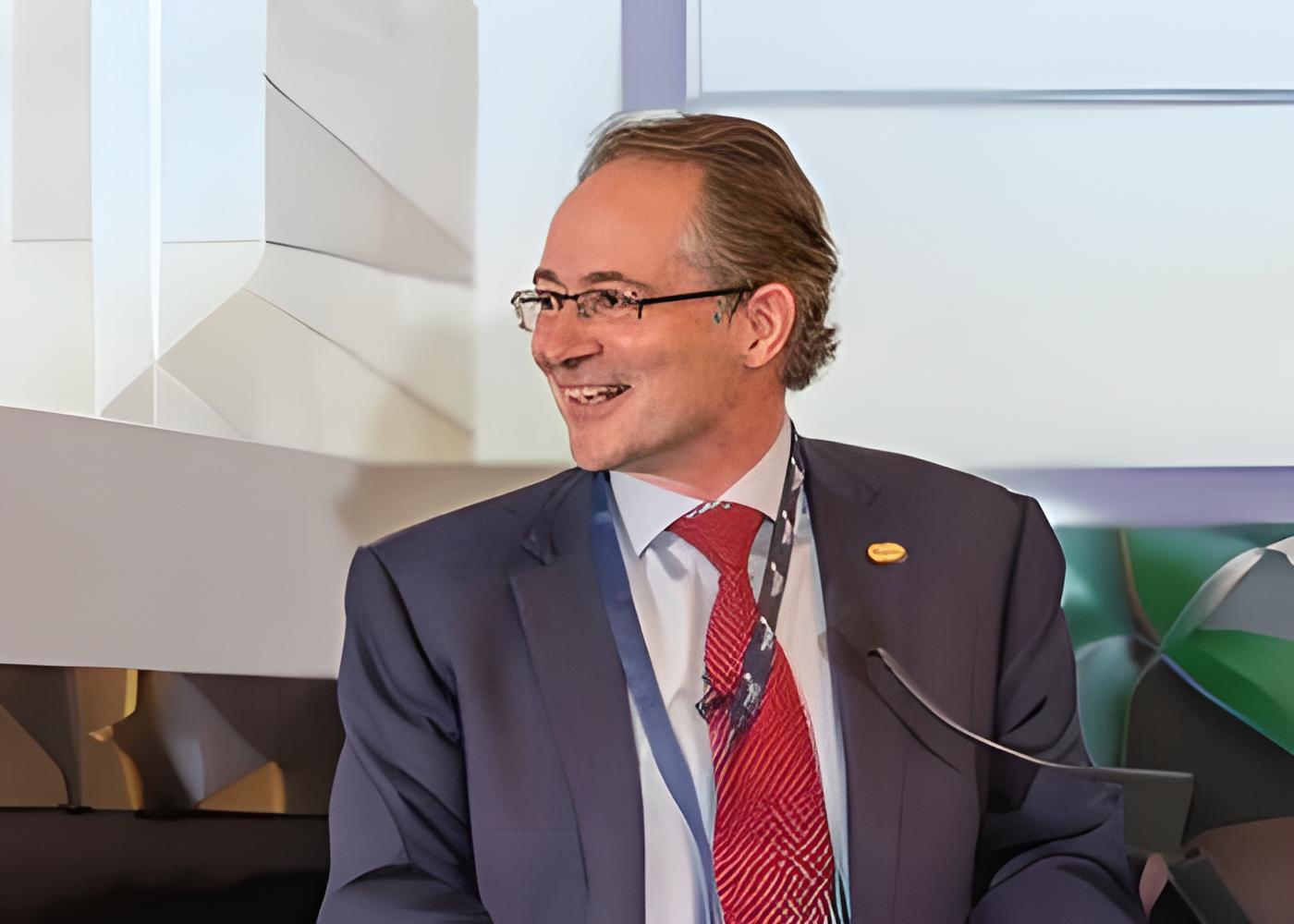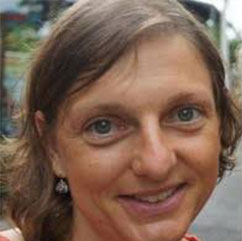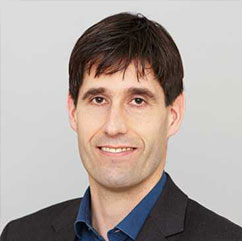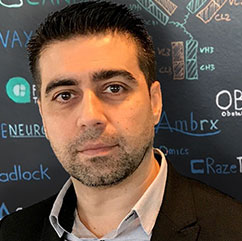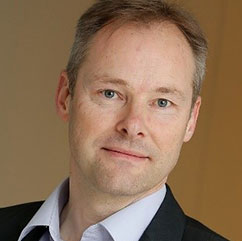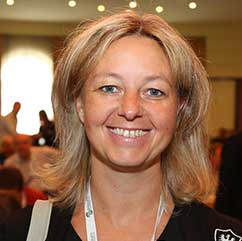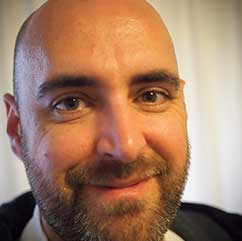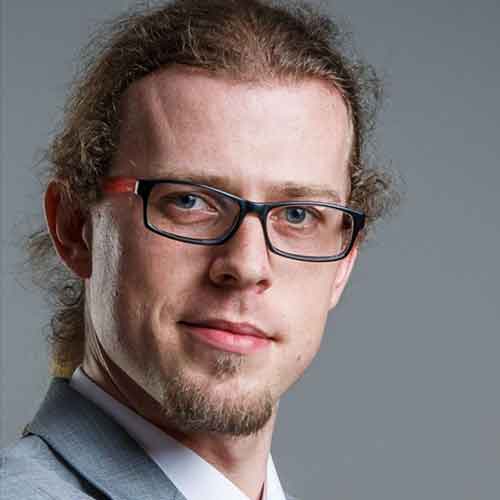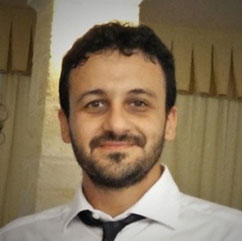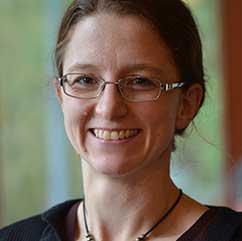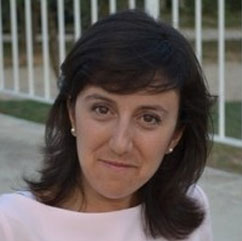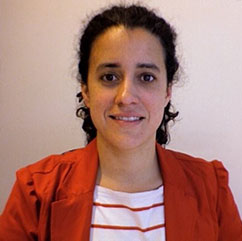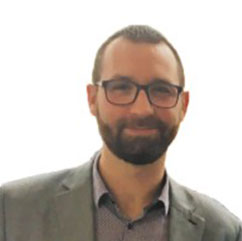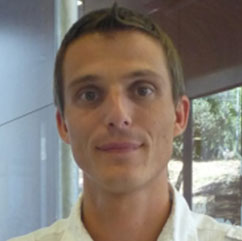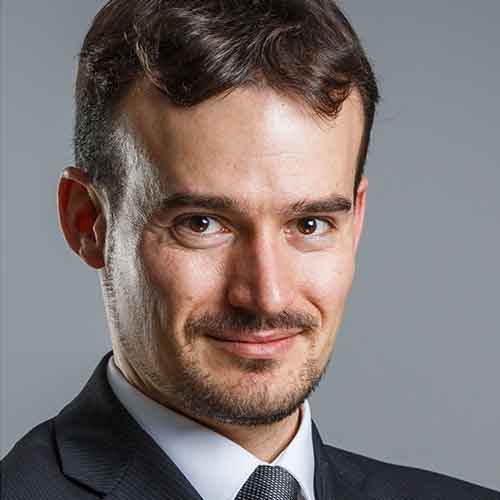The Marketing and Business Development Training Course provides in-depth instruction on promoting and commercialising research outcomes. Participants will gain essential skills in business development, including strategies for market analysis and effective stakeholder communication.
The course offers practical guidance on creating robust marketing plans, identifying potential partners, and managing the business development lifecycle. Tailored for knowledge transfer professionals, this programme focuses on how to accelerate the commercialisation of innovations through knowledge transfer partnerships and engagement with the broader knowledge transfer network. By mastering these strategies, attendees will be equipped to drive accelerated knowledge transfer and ensure that cutting-edge research achieves its full commercial potential.
Why join this course?
This Marketing and Business Development Training Course is essential for those looking to excel in transforming research into market-ready products. The curriculum covers effective communication with stakeholders and offers practical training on creating marketing strategies, identifying potential partners, and managing business development activities. This course is perfect for knowledge transfer professionals seeking to enhance their skills in driving successful commercialisation efforts. By participating, you will gain the expertise needed to turn innovative research into impactful commercial successes.
Learning Objectives
- Understand the scope of the Business Development role
- Interface effectively with academic roles and other KT roles
- Formulating a value proposition
- Use the value chain to identify potential partners
- Recognise the ideal characteristics of a potential innovation partner (absorptive capacity)
- Identify potential leads using internet strategies
- Utilise social media to identify thought leaders and active innovators
- Leverage forums to connect with potential partners
Course Topics
- The role of a Business Developer
- Developing a strategy
- Formulating a value proposition
- Capturing the essence of an agreement
- Pitching opportunities to partners and investors
- Managing academics and KT colleagues
- Productive conversations with potential partners
- Knowing the right people to "market" to.
- Using social media tools to find partners and investors
- Building strategic partnerships
- Overcoming barriers, internal and external
- Corporate resistance to Innovation
- Ensuring ‘social’ and ‘environmental’ good outcomes from technology
- Programme
- Speakers
- Venue
Programme
-
Wed 22 January 2025
-
09:00 - 09:30 Course Introduction | The impossible role of a business developer
We start on this pessimistic but realistic note because there is no denying that it is what many of us feel. Those charged with developing new relationships and ‘deals’ have the hardest and most thankless (but perhaps the most satisfying) of all KT roles. It is hard to define, achieve and to measure. It is worth spending a bit of time defining the job, why it is so difficult and what makes it so.
Trainer : Jeff Skinner and Carla van Heck -
09:45 - 10:15 Developing a strategy - part 1
We jump straight into the course by presenting you with a ‘real’ case for discussion: a wonderful business development opportunity from a university somewhere in Europe. We ask you to suggest a strategy for the commercial development of the technology and to define the respective roles of you (the business developer) and the academic team you are advising. In doing so, we hope to tease out what the role entails and some of the inherent ambiguities and complexities.
Trainer : Jeff Skinner -
10:15 - 10:45 Coffee Break
-
10:45 - 11:30 Developing a strategy - Part 2
We reflect on the case study to think about the first steps in ‘formatting’ an opportunity to a point where the business developer can start being useful. The trick is to zero in on a potential user so that you can begin to explore the market and industry.
Trainer : Jeff Skinner -
11:30 - 12:30 Formulating a value proposition
It is natural for us to get excited about new and promising technologies, especially when backed by enthusiastic researchers. This is fine but as business developers we need to inject caution. Every technology needs investment and no business will invest without seeing profit or some other return. There needs to be a ‘value proposition’.
In this session we examine some seemingly promising technologies and think through the value propositions.
Trainer : Jeff Skinner -
12:30 - 13:30 Lunch
-
13:30 - 15:00 What do businesses want from us?
Why do businesses want to work with universities – what’s in it for them?
In this session we dig deeper into the ‘do-it-yourself’ vs. ‘do it with us’ question, taking a specific technology and asking what different types of partner might want from a relationship with us.
In so doing we gain a greater understanding of the value we really add to any industry collaborator and the impact that this has on the contractual relationship that we build with them.
Trainer : Jeff Skinner and Carla van Heck -
15:00 - 15:30 Coffee Break
-
15:30 - 16:30 Capturing the essence of an agreement
Once a verbal agreement has been reached, the final terms need to be written down and turned into a legal agreement. You may not write that agreement but it is your responsibility to make sure that the terms are clear and workable?
In this session, we attempt to solve an agreement negotiated by an academic, turning a vague ‘wish list’ into a clear memorandum of understanding.
Trainer : Jeff Skinner -
16:30 - 18:00 Briefing for case study discussions
We asked each of you to bring a ‘problem’ or ‘opportunity’ case-study to discuss in this session. Each participant shall briefly presents their case to the others in the group and thereafter the group shall chose which one to present on day 3.
Trainer : Jeff Skinner -
19:30 - 22:30 Networking Dinner
-
-
Thu 23 January 2025
-
08:45 - 10:15 Productive conversations with potential partners
Many of us, and many academics, find it hard to ‘sell’ to potential partners. We like to talk and present, often far too much, about the technology but lack strategies for advancing the dialogue towards an initial ‘deal’ of some kind.
Successful (sales) meetings should not be pitches or presentations. Rather, they should be structured conversations in which we test out value propositions and, only if there is real value for the other party, find some way of developing the relationship by finding some small way to collaborate.
In this session, we learn and practice a useful tool (methodology) for structuring such conversations that, if used well, should result in ‘deals’.
Trainer : Jeff Skinner -
10:15 - 10:45 Coffee Break
-
10:45 - 11:30 Pitching opportunities to partners and investors
There are times when the researcher needs to bring a a potential partner or investor up to speed quickly - to pitch the technology. It’s our role to advise the researcher on the structure and content. How to go from a science overload to constructive collaboration and potential partnership? What can we learn from start-up pitches here?
Trainer: Carla van Heck -
11:30 - 12:30 Corporate resistance to Innovation
Businesses can take a frustratingly long time to invest in a new innovation. This is true even when there is enthusiasm from your initial contacts. This ‘slowness’ can seem irrational and is often frustrating – but it’s a fact of life. We use a semi-fictional case study to diagnose the reasons for this resistance and develop strategies for overcoming them.
Trainer : Jeff Skinner
-
12:30 - 13:15 Lunch
-
13:15 - 14:15 Managing academics and KT colleagues
Business Development Managers (BDM) have the responsibility to create new relationships but limited authority to negotiate and agree the final terms. This can result in internal friction and frustration. We see evidence of this in the final case presentations where over half of the ‘problems’ reported are generally internal.
Here we study one extremely problematic case where the Business Development Manager has generated new business but the relationship has become mired in internal politics. We unravel what has gone wrong and what the BDM should have done differently.
-
14:15 - 15:00 Knowing the right people to market to
Having figured out the action plan we need to ‘get the hell out of the building’ and start contacting and influencing potential partners and opinion leaders – the people who may be part of our network and value chain. This is ‘market research’ but it is also ‘marketing’.
In this session, we use examples to explore what is involved and the techniques we can use to identify the right companies and people, how to contact them and how to build their interest.
Trainers : Alastair Banks and Sean Fielding -
15:00 - 15:30 Coffee Break
-
15:30 - 17:00 Using social media tools to find partners and investors
The most difficult aspect of knowledge transfer is finding potential partners, users, champions, and investors for our new technologies; both companies and the right individuals within them.
Used properly, social media tools can both pinpoint and provide warm leads towards those to whom we want to speak.
In this session, we learn from a social media expert on how to use the huge diversity of tools available and understand when and how to use them effectively.
Trainers : Alastair Banks and Sean Fielding -
17:00 - 18:30 Case study discussion continued
You are asked to discuss the case study that you selected yesterday evening – preparing a brief 5-minute presentation, outlining the opportunity, the problem and the team’s suggestions for moving forward with it.
Agree on your approach and nominate one member of the team (not the person whose case it is) to present tomorrow morning.
-
-
Fri 24 January 2025
-
08:45 - 09:30 Ensuring ‘social’ and ‘environmental’ good outcomes from technology
Many academics work on research that can create positive social & environment impact – and they specifically want you to help them to achieve this outcome. Sometimes the university also makes this part of its strategy (so your KPIs).
What does this mean in practice when it comes to the way you support them – the partners you choose and the contracts you put in place with them.
Trainer: Carla van Heck -
09:30 - 10:30 Building strategic partnerships
All universities want to build longer-term relationships with businesses (strategic account management) to move beyond negotiating a series of smaller projects into something altogether more ‘strategic’ and broader. This could involve a major investment in research infrastructure based on trust and mutual understanding or a framework agreement.
In this reflective exercise, we ask how one university grew a single studentship over a number of years into a major alliance. We shall examine the things they did properly, as well as the things that could have derailed the relationship.
Trainer : Jeff Skinner -
10:30 - 11:00 Coffee Break
-
11:00 - 12:30 Overcoming barriers, internal and external
We devote this session to discussing your own cases – ones where you have identified a real opportunity or impasse to which you can apply some of the learnings and strategies covered in the course. Some will be internal issues blocking the commercialisation, others, will be issues of finding a partner or structuring the right deal with a potential partner.
Trainers : Jeff Skinner and Carla van Heck -
12:30 - 13:30 Lunch
-
Speakers
Venue
Venue - Calipolis Hotel Sitges
Av. Sofia, 2, Sitges 08870, Spain
Room Rates at Calipolis Hotel
Single occupancy : €130.00 per night inclusive of breakfast
Double occupancy : €150.00 per night inclusive of breakfast
- Local Tourist Tax 1,32€ per person/day not included
- Participants must make their booking through hotel website with the promotion code ASTP2025.
- The room is subject to availability.
In the event that Calipolis Hotel is fully booked, please find below other hotels in the neighbourhood. Please note ASTP does not have special arrangement with these hotels.
- Hotel MIM Sitges (next door from Calipolis Hotel)
- Hotel Kalma Sitges (100m from Calipolis Hotel)
- Hotel Subur (280m from Calipolis Hotel)
- Hotel Ibersol Atemare (800m from Calipolis Hotel)
- Hotel Sitges (800m from Calipolis Hotel)
- Hotel Subur Maritim (1km from Calipolis Hotel)




